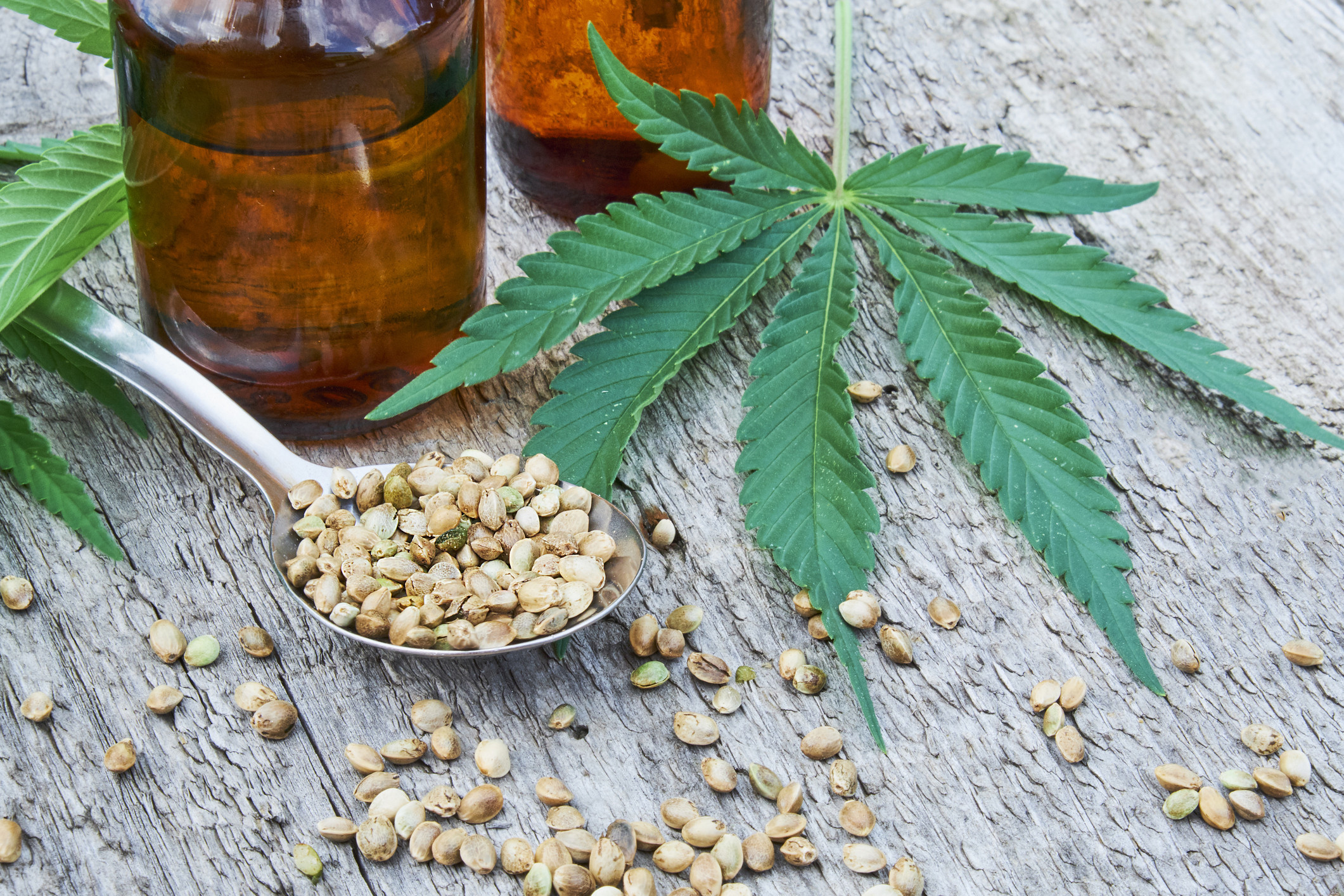
Salmonella is sneaky: Watch out

Two jobs may lower the odds of dying from Alzheimer's disease — but why?

Mastitis: What to do when your breasts are painfully inflamed

How — and why — to fit more fiber and fermented food into your meals

UTI in older women: Why postmenopausal women are susceptible to urinary tract infection, and what to do about it

Can a routine vaccine prevent dementia?

Some adults may need a measles booster shot. Who should get one and why?

Less butter, more plant oils, longer life?

Healthier planet, healthier people

Counting steps is good — is combining steps and heart rate better?
Anxiety Archive
Articles
Reaching the climax
As they age, men can face obstacles to achieving orgasms during sex, such as anorgasmia (the inability to achieve an orgasm), delayed orgasm (where it takes 30 minutes or longer to climax). Sometimes, lack of arousal is an issue. Men can take steps to help achieve orgasms, such as introducing strategies in the bedroom, such masturbation, using sexual toys, and reading erotica.
Meditation: A heartfelt habit?
A meditation practice may help lower blood pressure and encourage people to make healthier choices when coping with stress. The two best-studied forms are Transcendental Meditation, which may lower blood pressure, and mindfulness-based meditation, which may reduce stress, anxiety, depression, and blood pressure. People can learn how to meditate at in-person or virtual classes or by using an app.
Can your blood tests predict your future risk of stress, anxiety, or depression?
A 2024 study found that people with high blood sugar and high triglycerides are more likely to develop chronic stress, anxiety, or depression later in life, compared with people who have low or normal blood sugar levels.
Social anxiety disorder: Treatments and tips for managing this challenging condition
Many of us experience social anxiety from time to time. But when this social anxiousness causes intense distress and starts to impact daily life, it could be indicative of a common condition called social anxiety disorder.
PTSD: How is treatment changing?
PTSD (post-traumatic stress disorder) is a potentially debilitating mental health condition marked by recurrent, frightening episodes during which a person relives a traumatic event. Newly released guidelines can help guide treatment; they recommend which therapies are most effective, and which are not recommended.
Caregiving crisis
Nearly three-quarters of caregivers are 50 or older, and more than 75% are women. Research has linked caregiving to many physical and mental effects, including depression, anxiety, pain, and heart disease. Many caregivers don't attend to their own health and may avoid or skip medical appointments. To address these burdens, caregivers can look into respite care, call their local Agency on Aging, ask for help from friends, and schedule telehealth visits with doctors or therapists.
Cannabidiol (CBD): What we know and what we don't
Cannabidiol (CBD) is an active ingredient in cannabis that is derived from the hemp plant, but it does not cause a high and is not addictive. CBD has been shown to be effective in treating conditions like pain, insomnia, and anxiety.
Co-regulation: Helping children and teens navigate big emotions
Co-regulation is a process in which caregivers can help young people learn better ways to regulate their emotions during the inevitable upsets and challenges of life. But before a caregiver can help a child, they need to understand their own emotional skills and limitations.
Afraid to visit the doctor?
Medical anxiety is a fear of doctors and medical settings. Nearly half of American adults in 2023 reported feeling anxious before a doctor's appointment, and four in 10 said their anxiety compels them to put off seeing a doctor. Medical anxiety can stop people from seeking preventive care or necessary treatments, jeopardizing their health. People with medical anxiety may be fearful of needles or shots, a painful test or procedure, or receiving bad news or a serious diagnosis.

Salmonella is sneaky: Watch out

Two jobs may lower the odds of dying from Alzheimer's disease — but why?

Mastitis: What to do when your breasts are painfully inflamed

How — and why — to fit more fiber and fermented food into your meals

UTI in older women: Why postmenopausal women are susceptible to urinary tract infection, and what to do about it

Can a routine vaccine prevent dementia?

Some adults may need a measles booster shot. Who should get one and why?

Less butter, more plant oils, longer life?

Healthier planet, healthier people

Counting steps is good — is combining steps and heart rate better?
Free Healthbeat Signup
Get the latest in health news delivered to your inbox!
Sign Up











